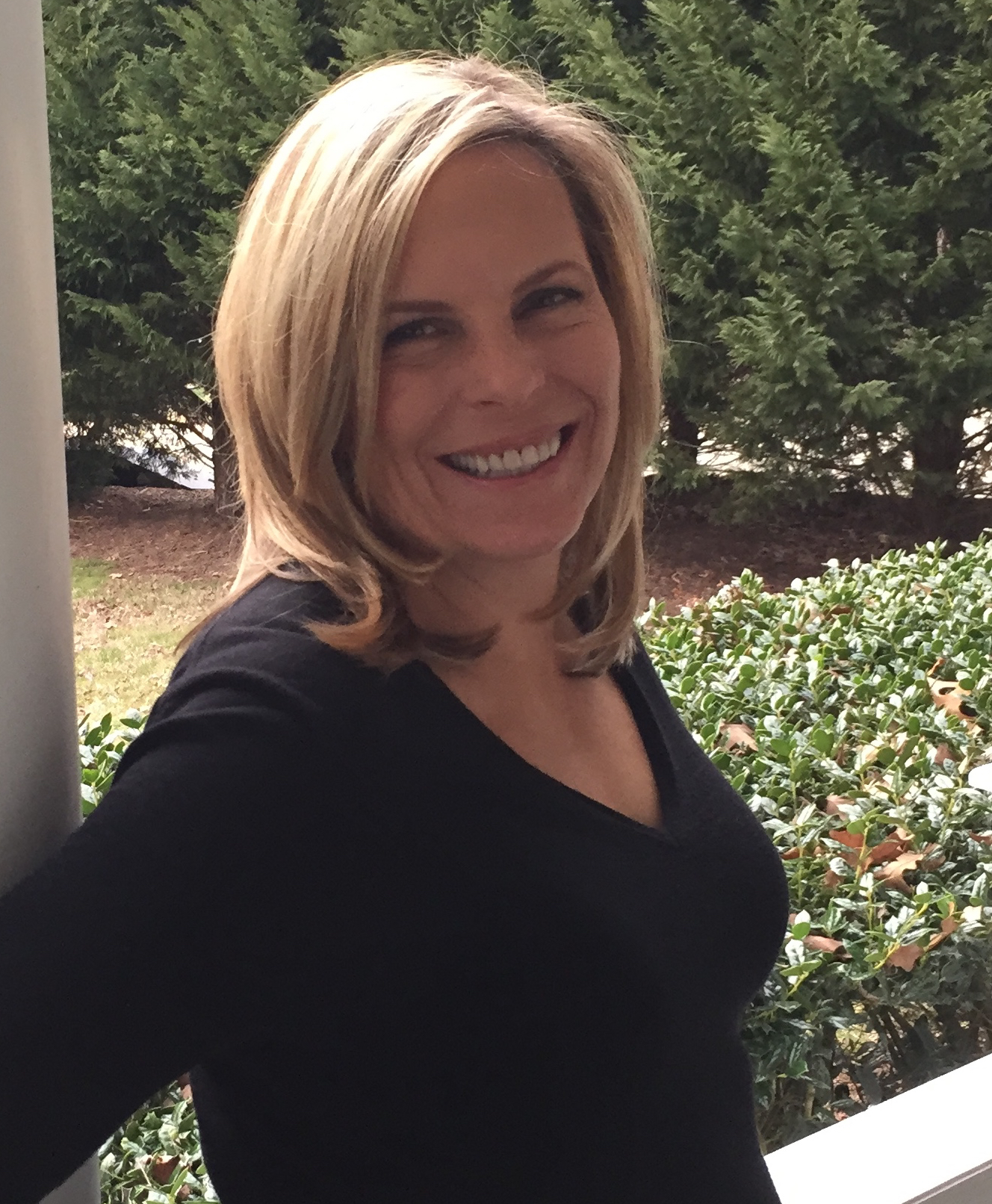BikeWalk NC has never had a paid, full-time executive director before. Last month the organization brought on a powerhouse to fill that position.
 Lisa Diaz Riegel comes to BWNC from the Secretary’s Office of the North Carolina Department of Environment and Natural Resources, where she served as executive director of the Natural Heritage Trust Fund and DENR's interagency sustainability coordinator. She served on the steering committee for NC Department of Transportation's statewide pedestrian and bicycle plan, on the state's Climate Action Plan Advisory Group, and on the Transportation and Land-Use Work Group.
Lisa Diaz Riegel comes to BWNC from the Secretary’s Office of the North Carolina Department of Environment and Natural Resources, where she served as executive director of the Natural Heritage Trust Fund and DENR's interagency sustainability coordinator. She served on the steering committee for NC Department of Transportation's statewide pedestrian and bicycle plan, on the state's Climate Action Plan Advisory Group, and on the Transportation and Land-Use Work Group.
I had the opportunity to interview Lisa Diaz Riegel about her history with biking and walking efforts and the challenges of being the first executive director of what had previously been an all-volunteer organization.
You’ve led conservation and smart growth efforts in the state of North Carolina for a long time. How much of your energy has been focused specifically on biking and walking?
When you talk about sustainable development, a key element is walkability and alternative modes of transportation. So it’s really been more integrated into that whole concept. It hasn’t been solely on active transportation.
For the past year and a half, I’ve been working with a five-agency collaboration called the Healthy Environments Collaborative, and that effort has been focused on getting people walking and cycling, using our trails and greenways and all of our infrastructure, because it crosses all avenues. I was on the Environment agency and we worked with Tourism, Health, Commerce, and Transportation because trails and walking and biking is important for each of those agencies.
It’s called the Great Trails State Initiative. We’re trying to become a great trails state -- “trails” used very loosely to mean any biking or walking facility.
How do you bring your larger vision about land use and sustainability to BikeWalk NC?
Well, I’ve only had the position for a couple of weeks, so I’m not sure. We have our first board meeting this weekend.
Tell me a little bit about your own biking and walking habits.
Right now I’m mostly a walker. I’m probably one of the few people from my generation that didn’t own a car until I was two years out of school. So for my summer jobs I’d walk or bicycle to get to work and to all my activities, mostly because a car was not an option -- I was on financial aid and had no money.
Where I live now I’m really fortunate in that I can walk to almost everything I want to do.
You’re BWNC’s first ED. A lot of organizations in the Alliance are in that zone, trying to transition from all-volunteer to paid staff. I know that you’re still very new, but so far what are some challenges -- or benefits -- you can see of being the first paid director of an organization that’s not new?
I like starting programs. I started a nonprofit 15 years ago, and grew it to over 750 members, and we raised $6.5 million for a library. So I really like starting things from scratch.
What organization was that?
It was called Friends of the Woodlawn Library. We converted an abandoned DMV inspection facility in inner-city Wilmington, Delaware, into a library and literacy center -- which is not at all bike- and walk-related, but that’s where I got my passion for smart growth and brownfields redevelopment and reinvestment in an urban area instead of sprawl.
And in my most recent job with the Department of the Environment and Natural Resources here in North Carolina, when new legislation passed, I would help getting a lot of programs off the ground and running.
With BikeWalk, I do feel overwhelmed only because there’s so much to be done. Our laws have not been looked at in almost 40 years, which maybe is a good thing because we have a lot of rights as cyclists. But my third week on the job, the legislature passed a bike law study bill -- a bill to study the bike laws that exist currently. The concern is that the motivation for it might be to create more restrictions that would not be beneficial to cyclists.
I wish we had more structure to better communicate with everyone statewide efficiently, and I think that’s going to be the first thing we need to do: to grow our membership not just for fundraising but for advocacy.
When I surveyed the board for their three most desired outcomes in preparation for this board meeting, most of them said we need to grow our membership and volunteers for the ability to communicate rapidly. So that’s going to be a top priority. And then, of course, fundraising so that we can be a sustainable organization and we can continue to have staff.
Anything else I should have asked about but didn’t?
I don’t think so -- I just really appreciate the Alliance for Biking & Walking’s help. They really welcomed me, they connected me to other EDs who have helped me figure out things like what our membership fee should be and what a strategic plan would look like for the organization. And they organized a whole luncheon at the National Bike Summit for state groups with only one- or two-person staff.
I’m glad the Alliance could be useful!
And then oh my god, the League with those pins. I wear them and I get so many comments you’d think everybody in North Carolina is a cyclist. People always have a positive reaction to them. I’m thinking about buying a bunch of them.

